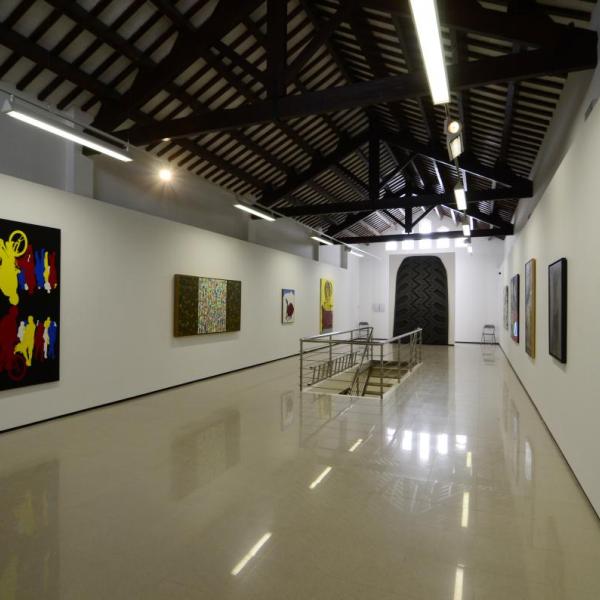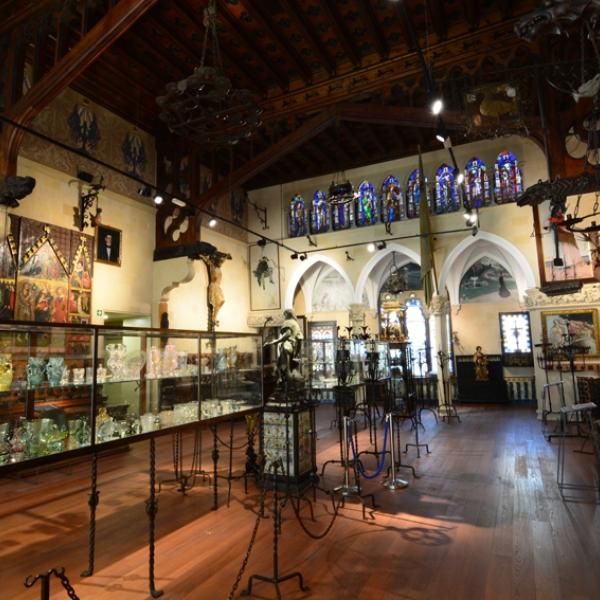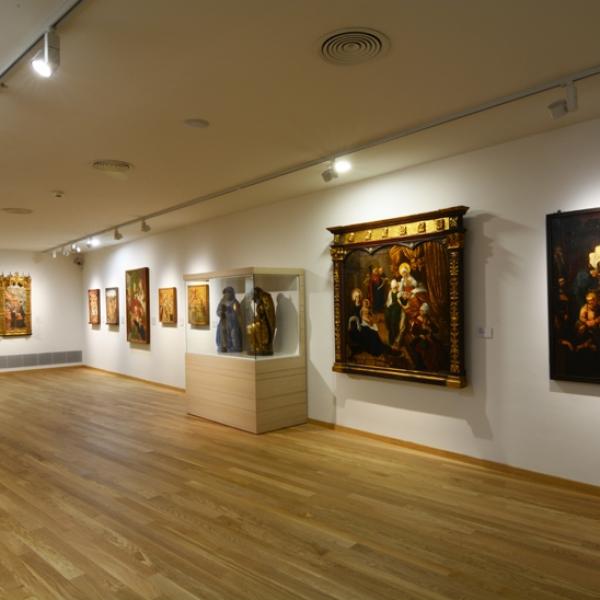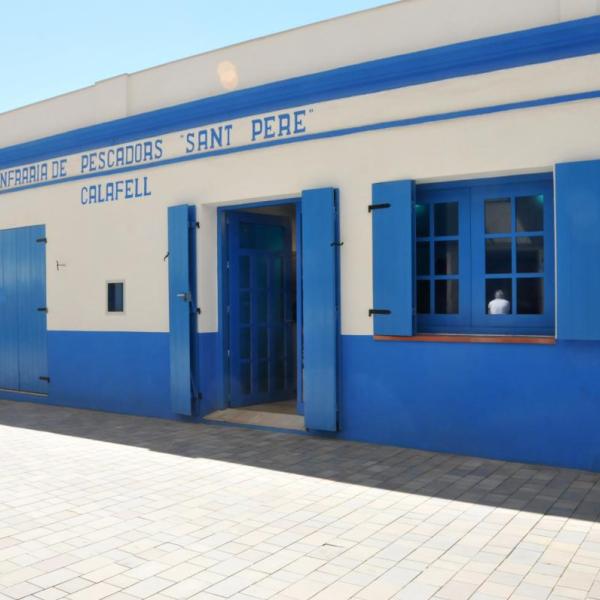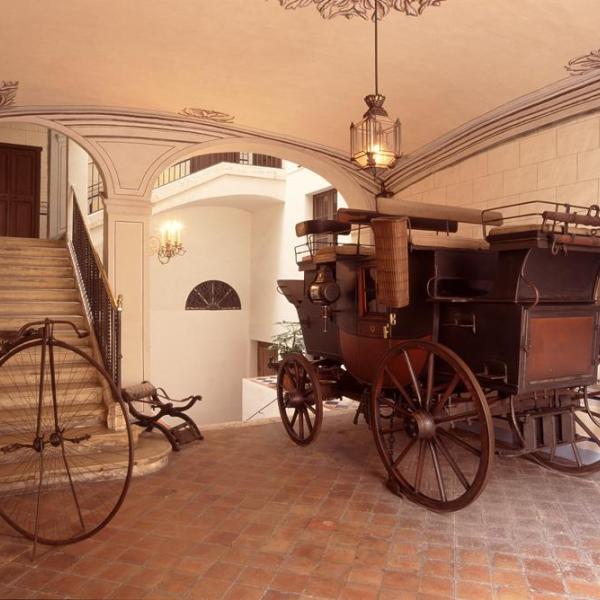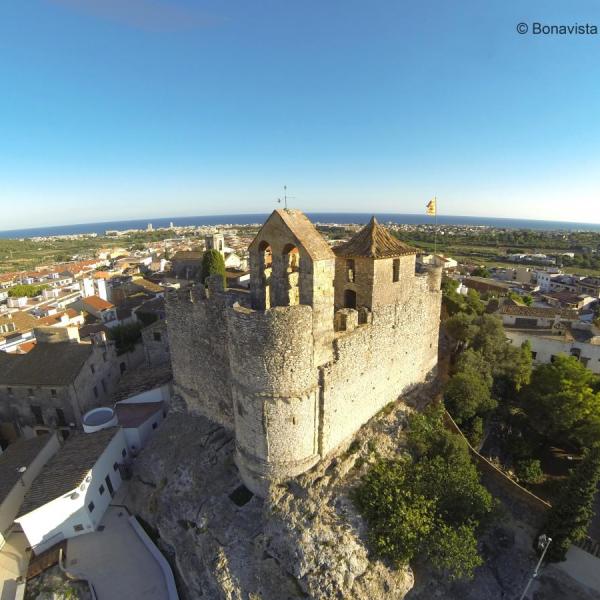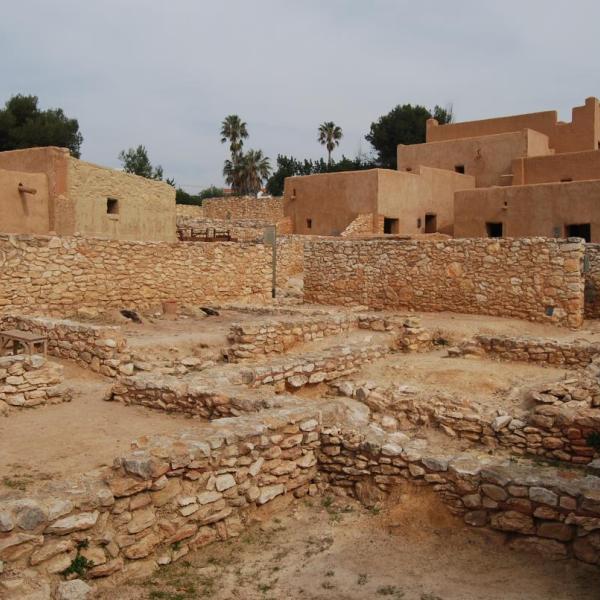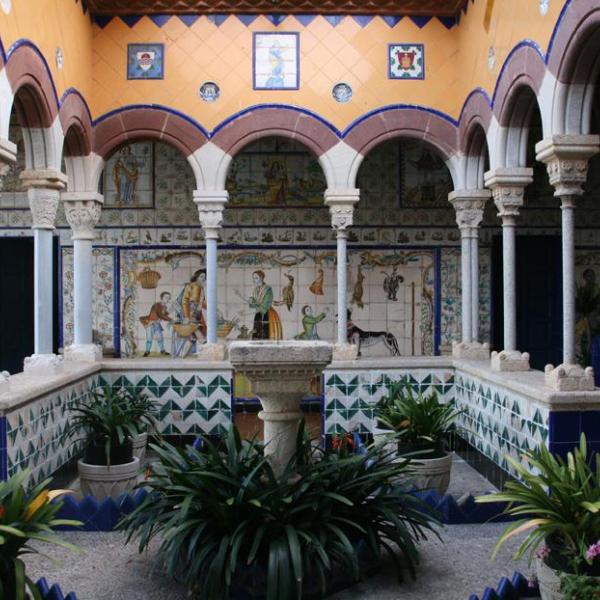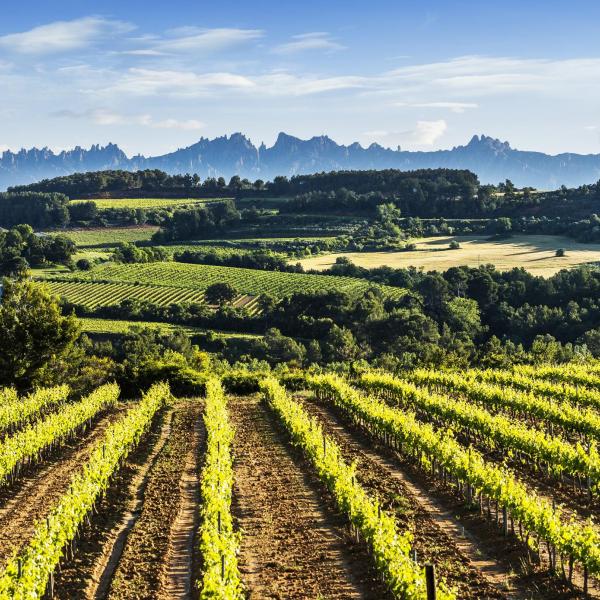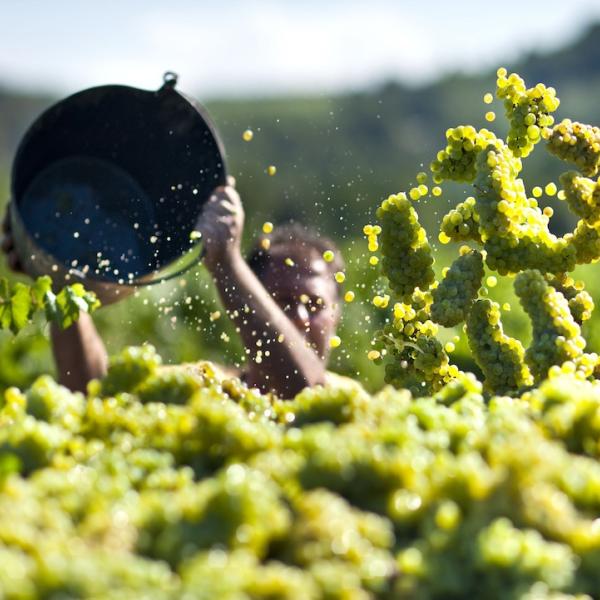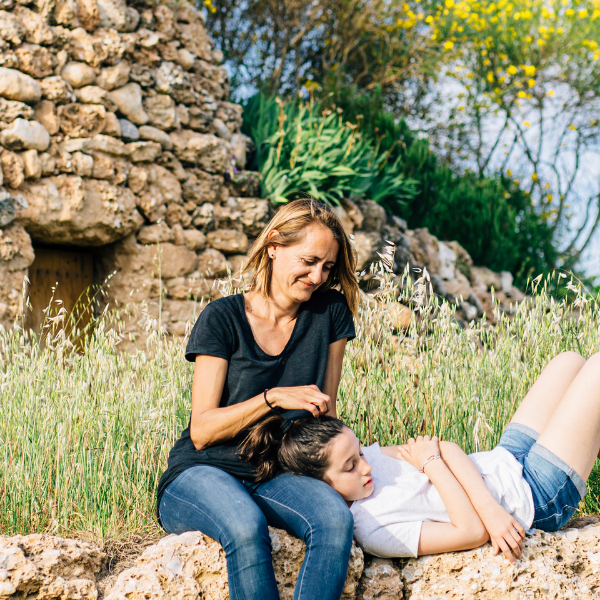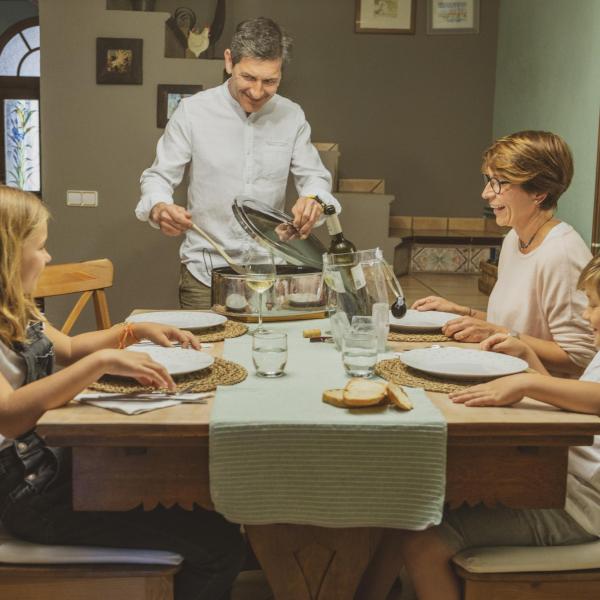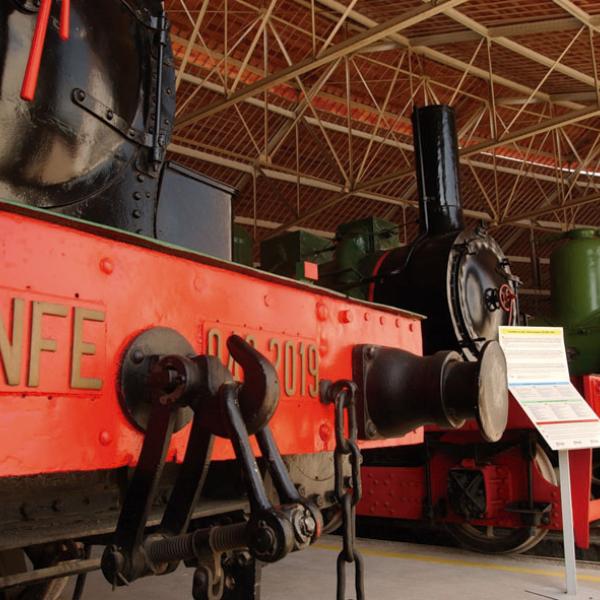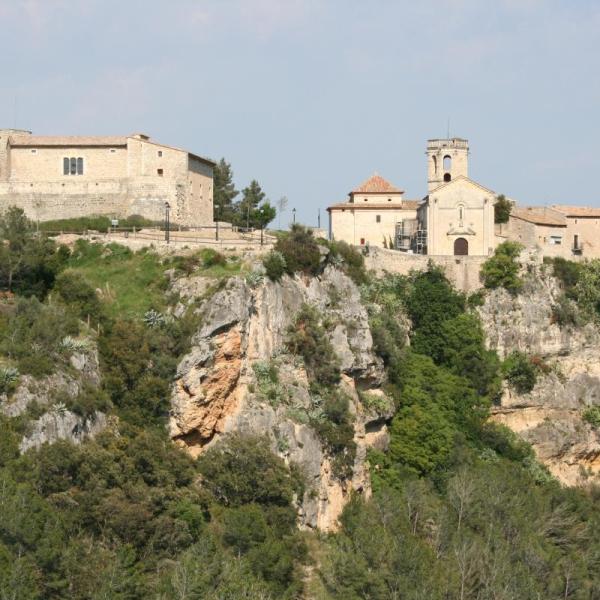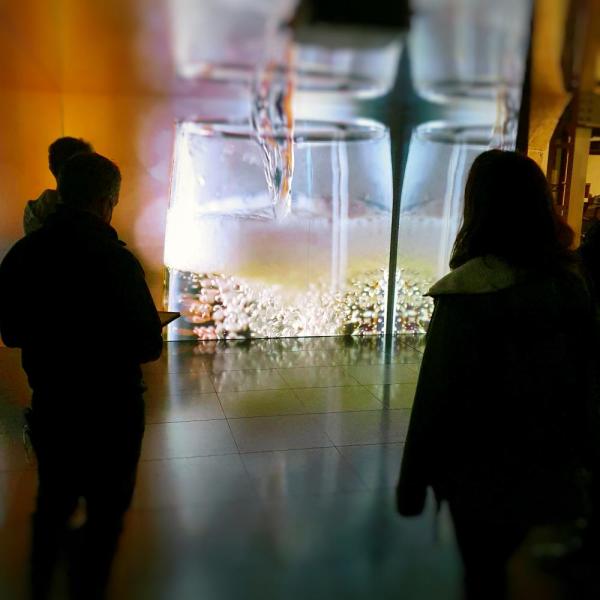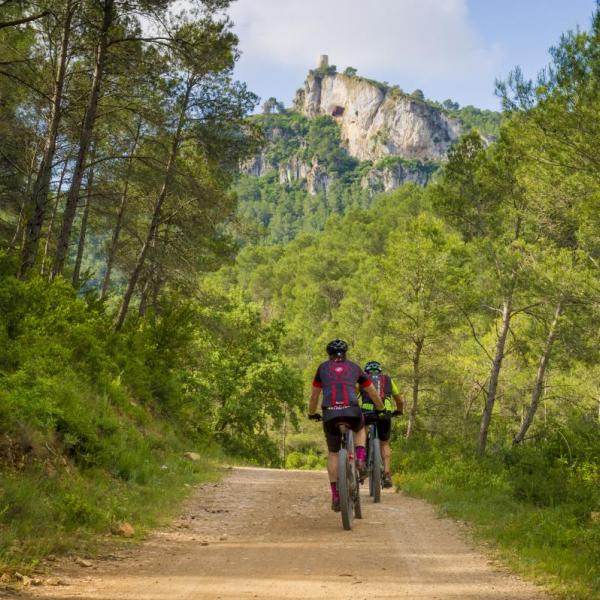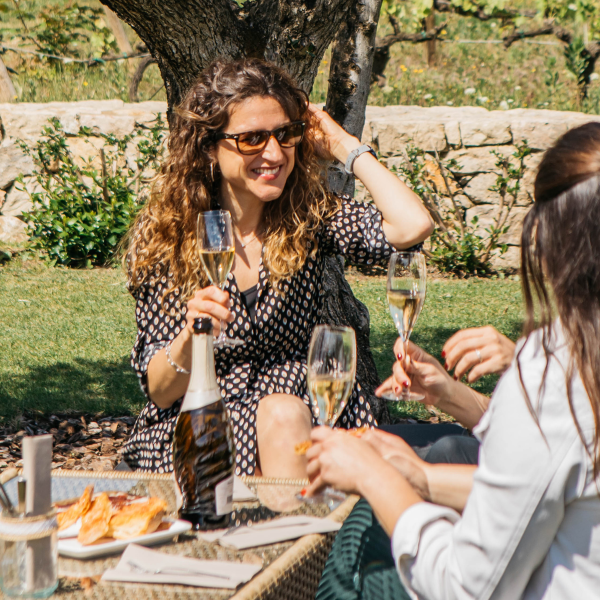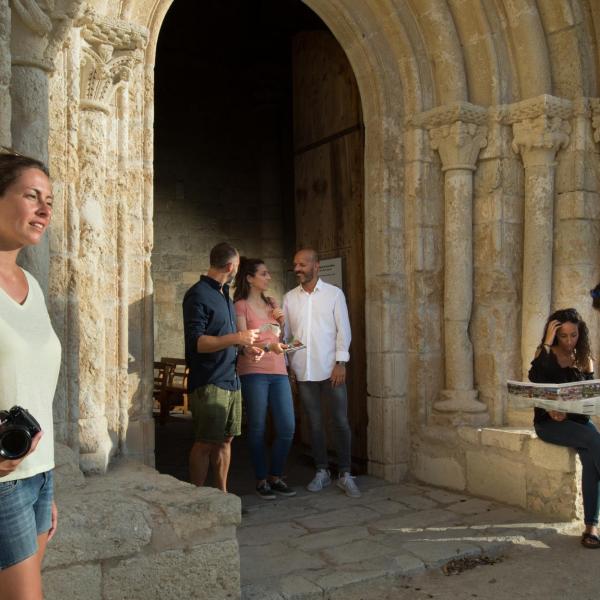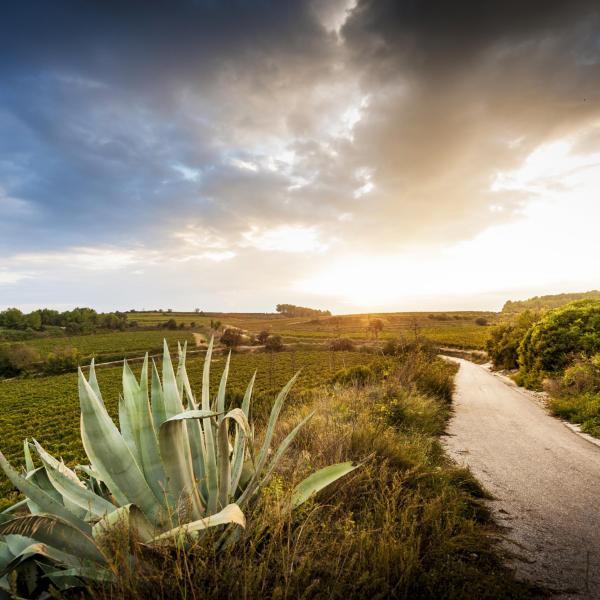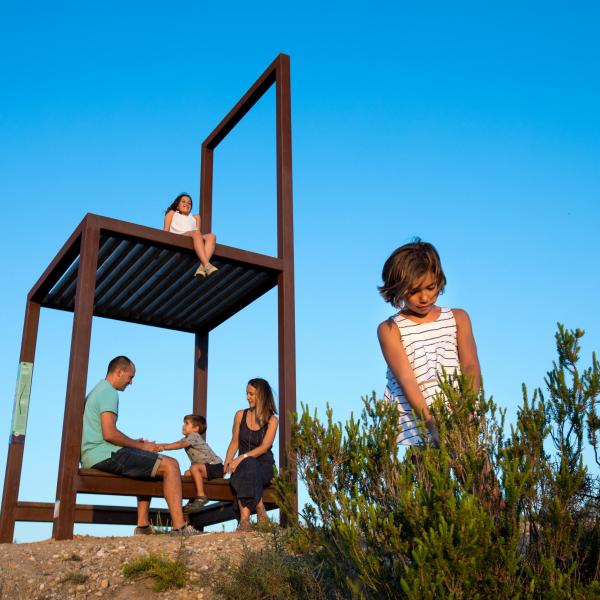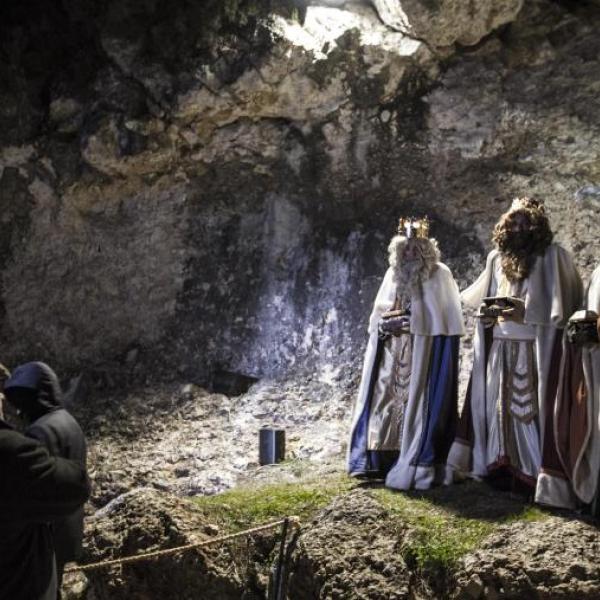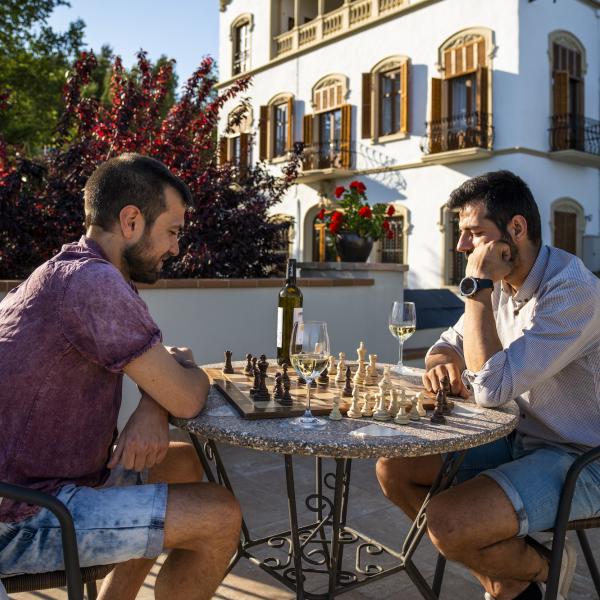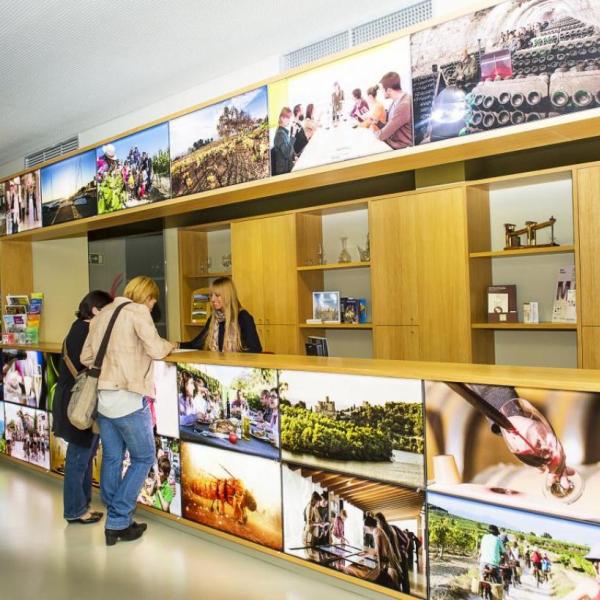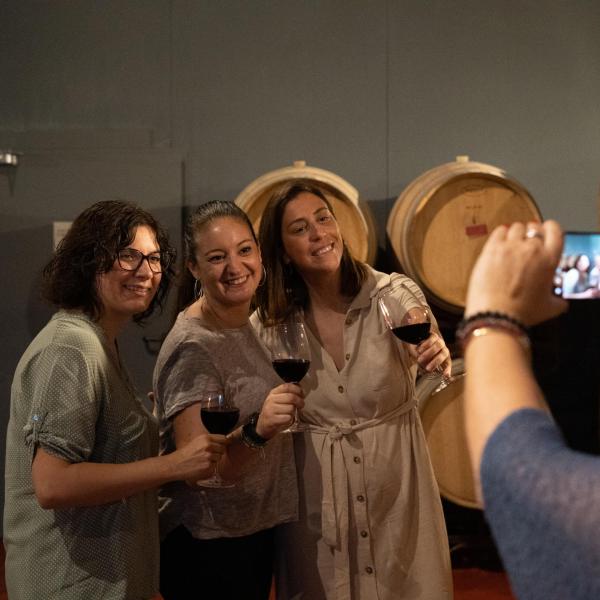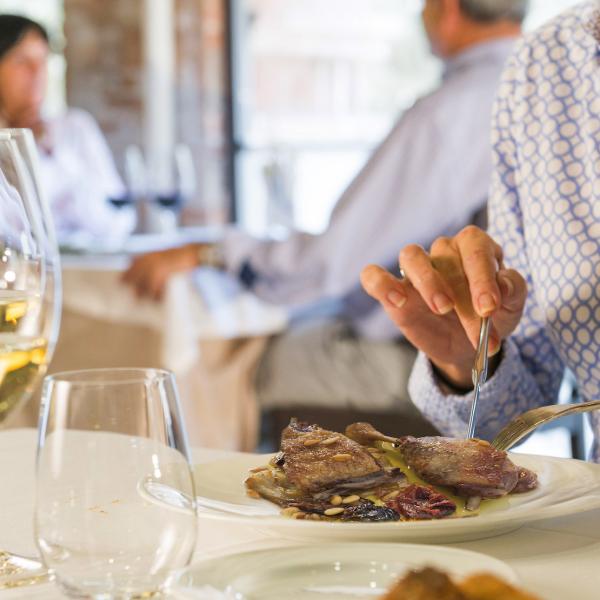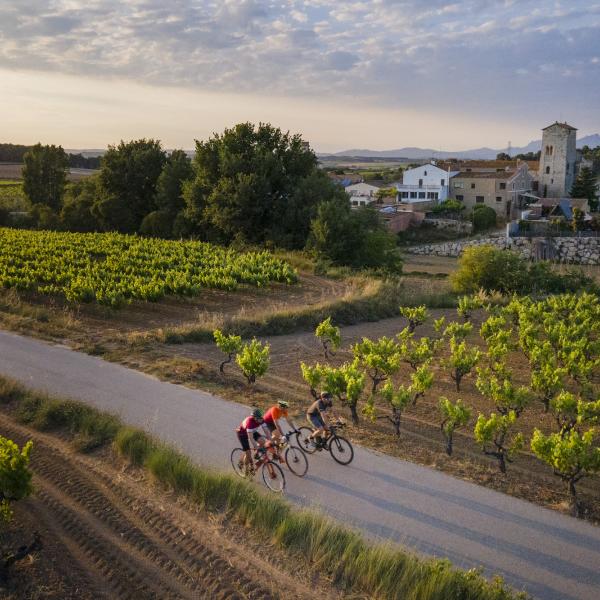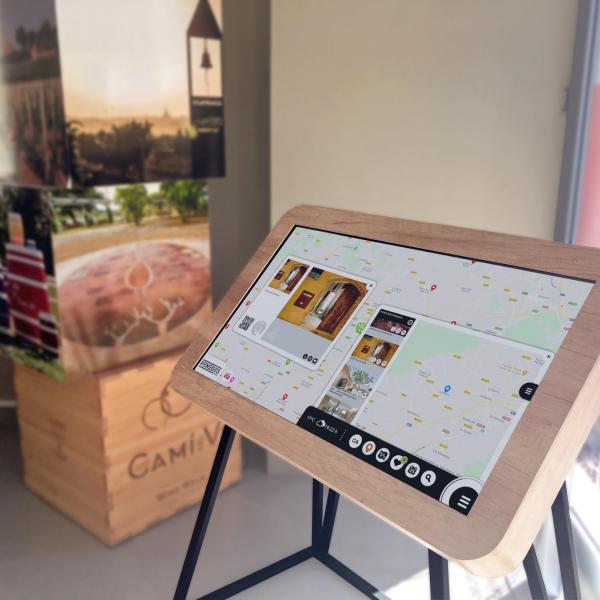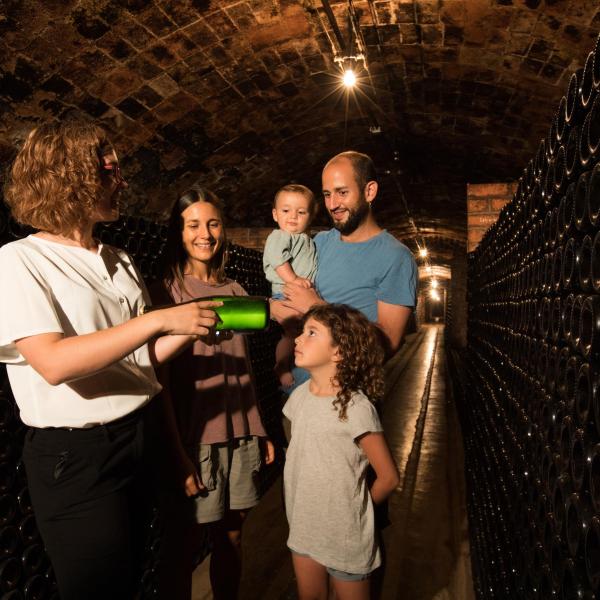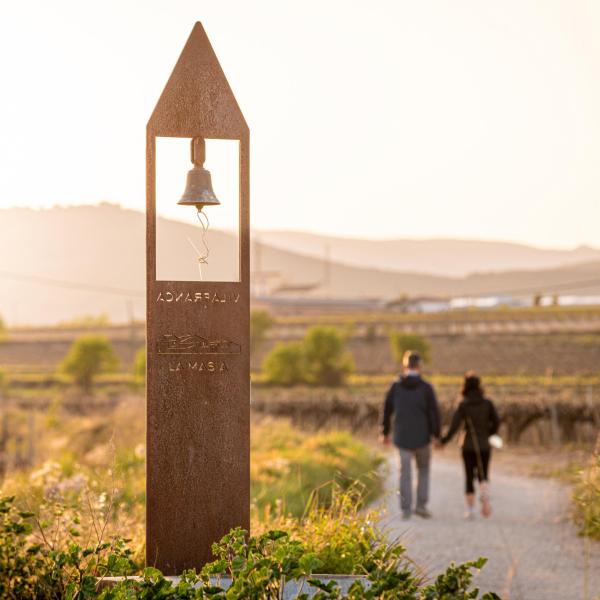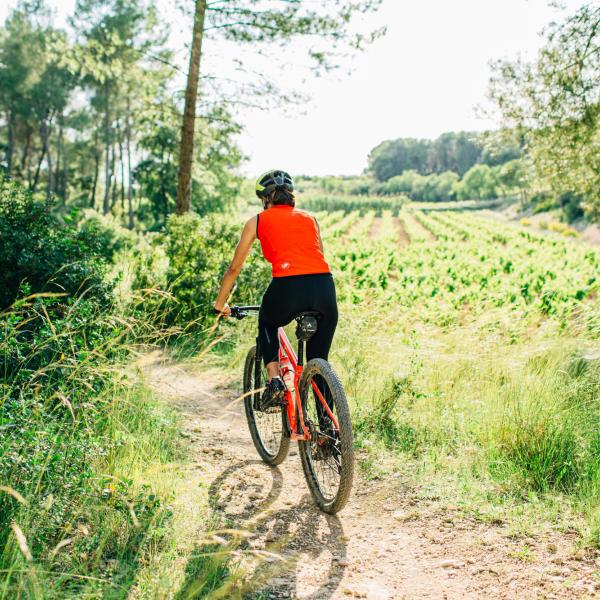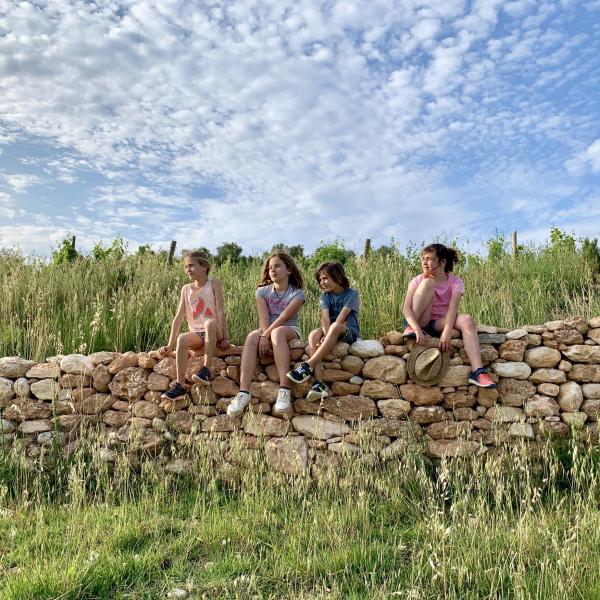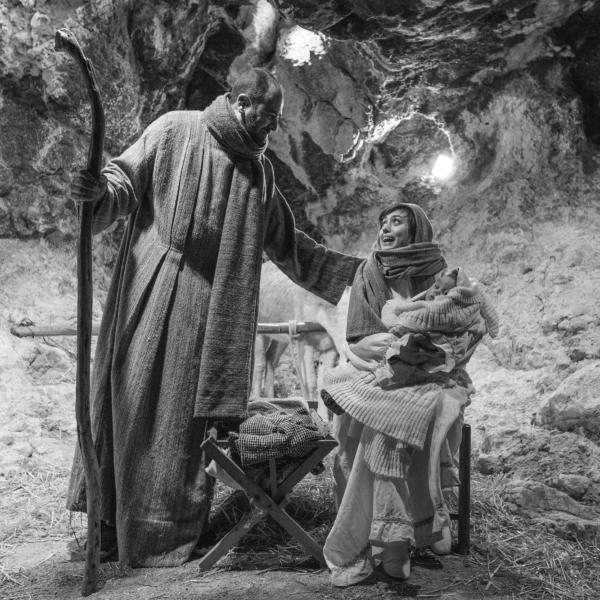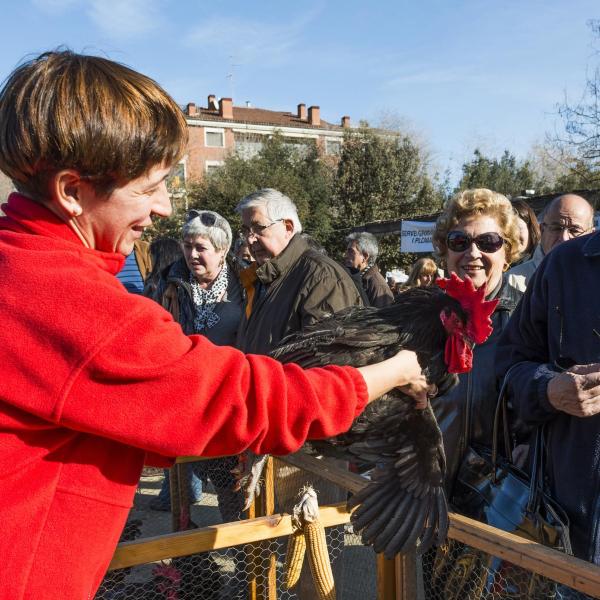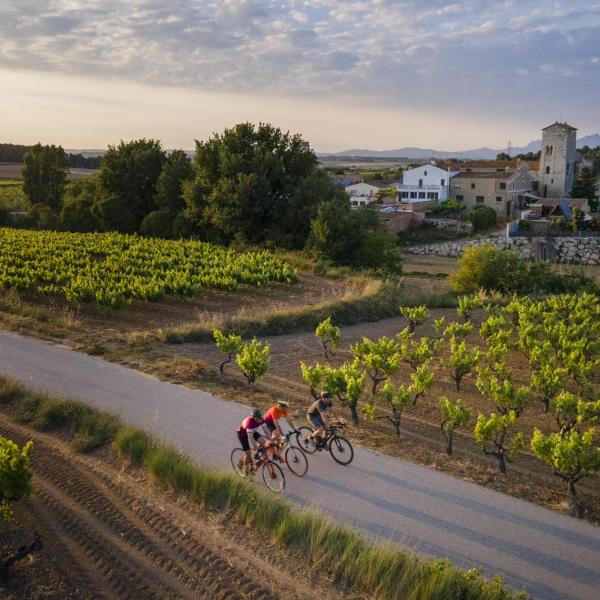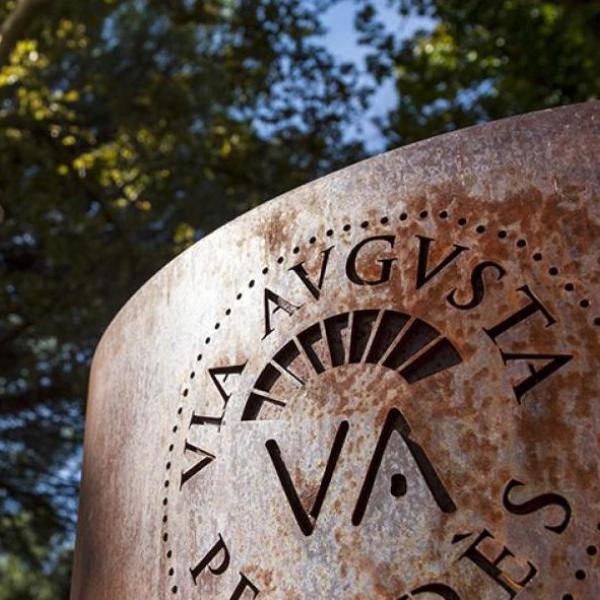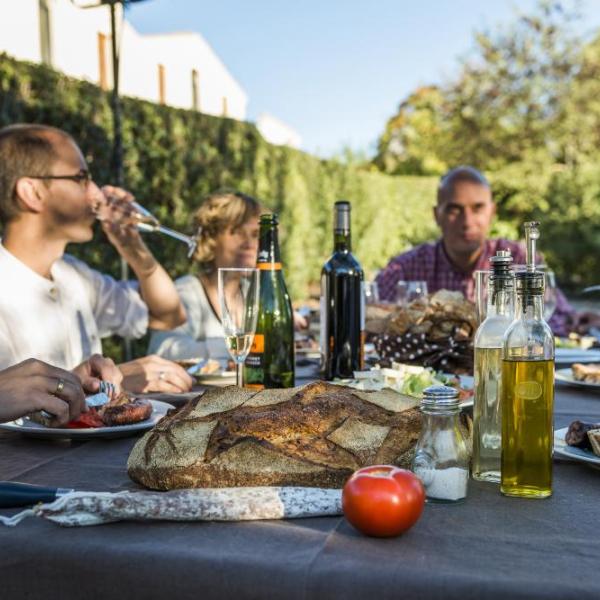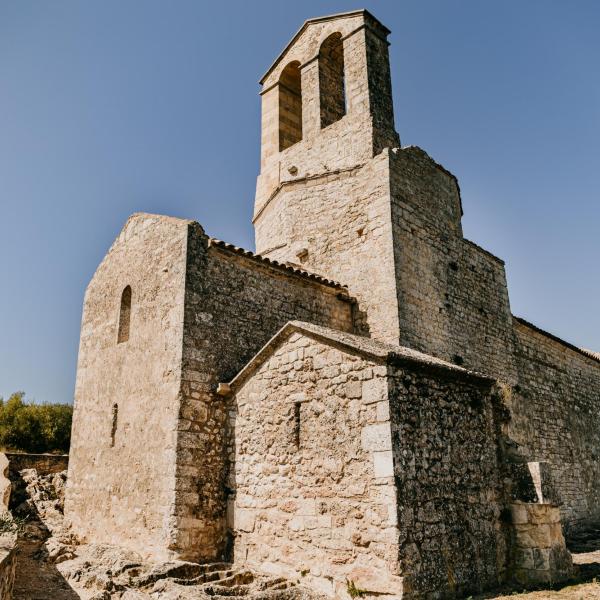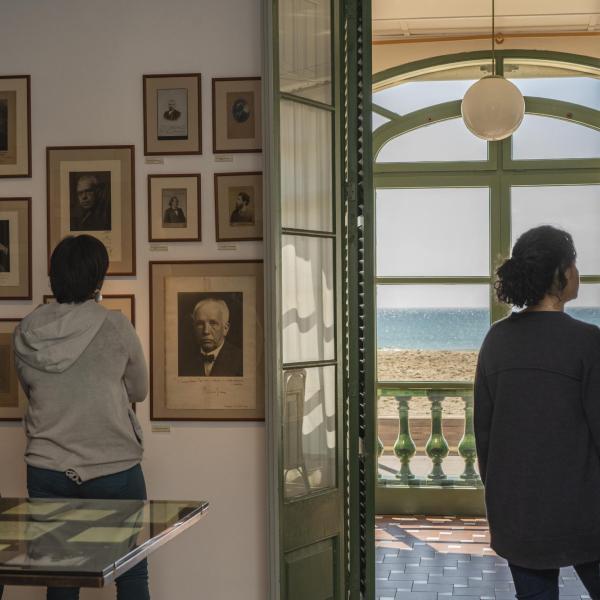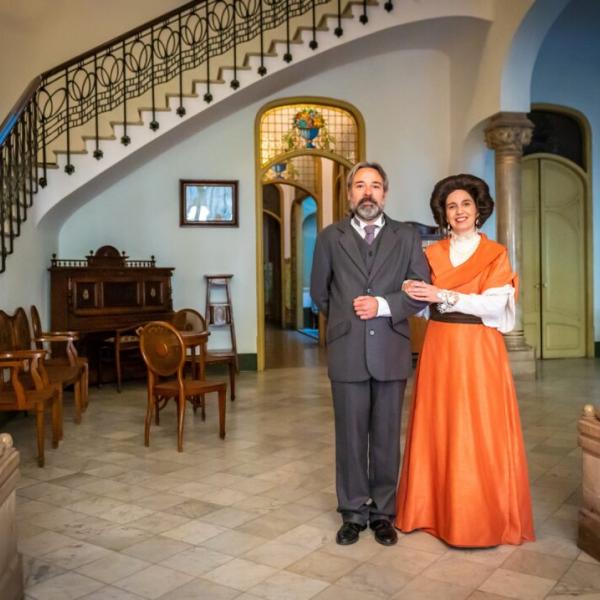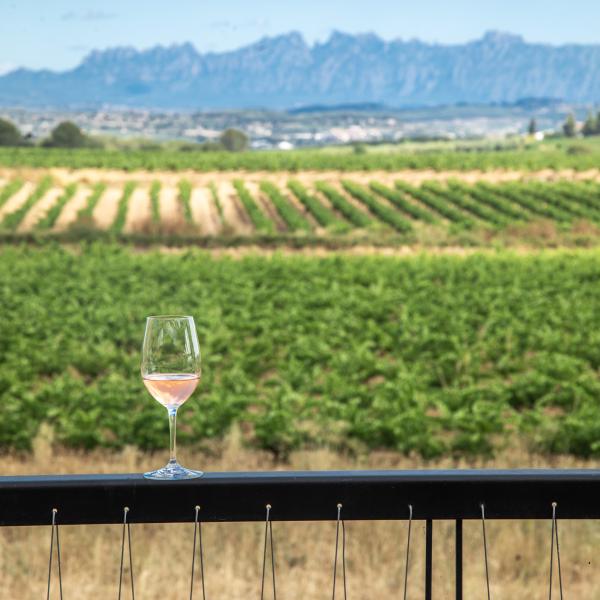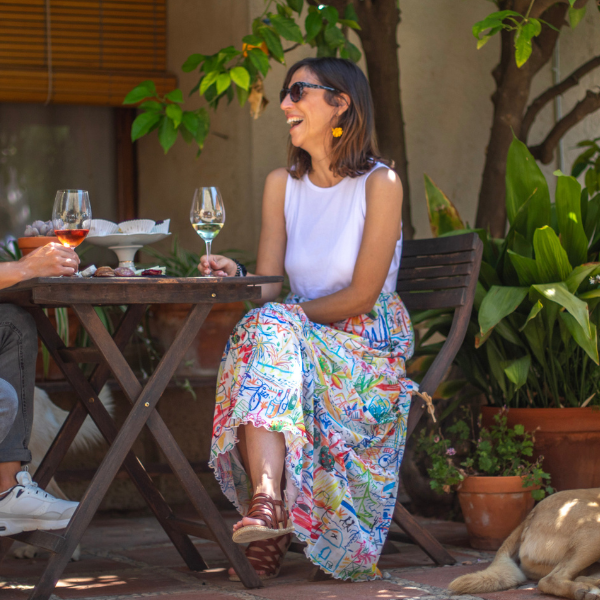Discover
Penedès is all the places you want to see and live, just one hour away from Barcelona, Costa Dorada and Montserrat
Penedès, a centuries-old wine region
We work for a future with a sustainable and responsible tourism
What is the quintessential Penedès product?
A trip to dive yourself in the heart of our wine region
The 10 best hidden secrets of Penedès
Main attractions
The Castle of the Holy Cross is a fortified area from the medieval period, first documented in 1037
The Museum is located in the original installations of the steam locomotive depot of Vilanova i la Geltrú, some railway constructions done between the
Sant Martí Sarroca’s medieval church and castle are regarded as an historic and artistic site of national interest.
Interactive space with audiovisual resources where we explain the town's history, Fil.loxera and Cava.
Do you want to get the latest news?
Travel ideas
Towns
Alt Camp
Alt Penedès
- Avinyonet del Penedès
- Castellet i la Gornal
- Castellví de la Marca
- El Pla del Penedès
- Font-rubí
- Gelida
- La Granada
- Les Cabanyes
- Mediona
- Olèrdola
- Olesa de Bonesvalls
- Pacs del Penedès
- Pontons
- Puigdàlber
- Sant Cugat Sesgarrigues
- Sant Llorenç d'Hortons
- Sant Martí Sarroca
- Sant Pere de Riudebitlles
- Sant Quintí de Mediona
- Sant Sadurní d'Anoia
- Santa Fe del Penedès
- Santa Margarida i els Monjos
- Subirats
- Torrelavit
- Torrelles de Foix
- Vilafranca del Penedès
- Vilobí del Penedès
Baix Llobregat
Baix Penedès
Denominació d’Origen Penedès area
See all townsWhere to go
History and culture in the Penedès DNA.
The nature that shapes the landscape. The Penedès region is nature.
The definitive guide to discover Penedès!
Travel ideas
Do you want to get the latest news?
Plan
Book now activities and experiences in Penedès
Book now one or more days in the Penedès with our friendly agencies
Rural accommodation and charming hotels to wake up among vineyards
Urban, cultural, food and wine routes, hiking, cycling...
Network of overnight parking sites for motorhomes in Penedès
If you need it
All tourist quality certified wineries of the Penedès Wine Route
Taste the traditional and innovative flavours of our land
Before you come, you must know…
Do you want to get the latest news?
What to do in Penedès
One of the great attractions to visit Penedès Wine Region is to enjoy the experiences related to vineyards and wine
Singular routes that take you to hidden places
Walk and pedal through Penedès. A friendly and inviting place to enjoy hiking and cycle tourism.
Festivals and celebrations are the expression of the Penedès spirit. Penedès is a living region to be experienced.
Family-friendly things to do in Penedès
Book now activities and experiences in Penedès
Agenda
Now it is the season of…
Autocaravanisme
3 circular routes in different stages that bring you closer to the sea, goes next to vineyards and climbs up to the woods
Via Augusta, a walk with over 2,000 years of history
Do you want to get the latest news?
Activities for everyone
Options of guided tours with wine tastings in the wineries of the Penedès Wine Route
Wine tastings, local cuisine and activities on the Penedès Wine Route
Ideas and itineraries
Do you want to get the latest news?

